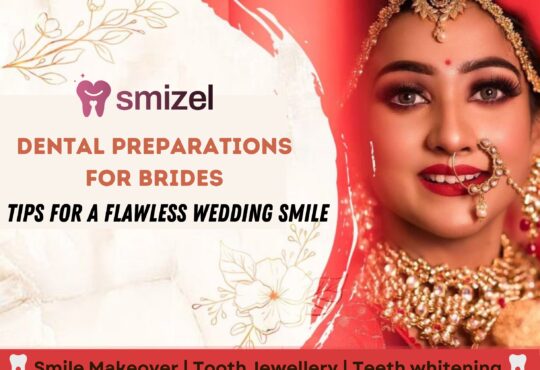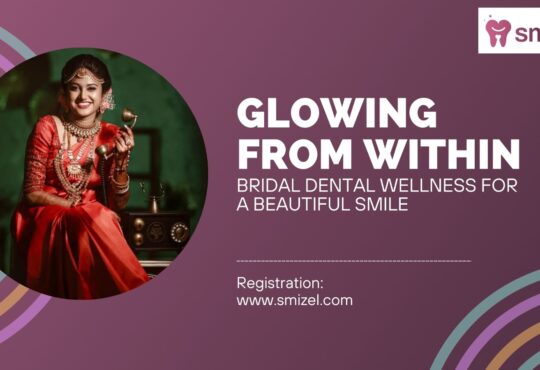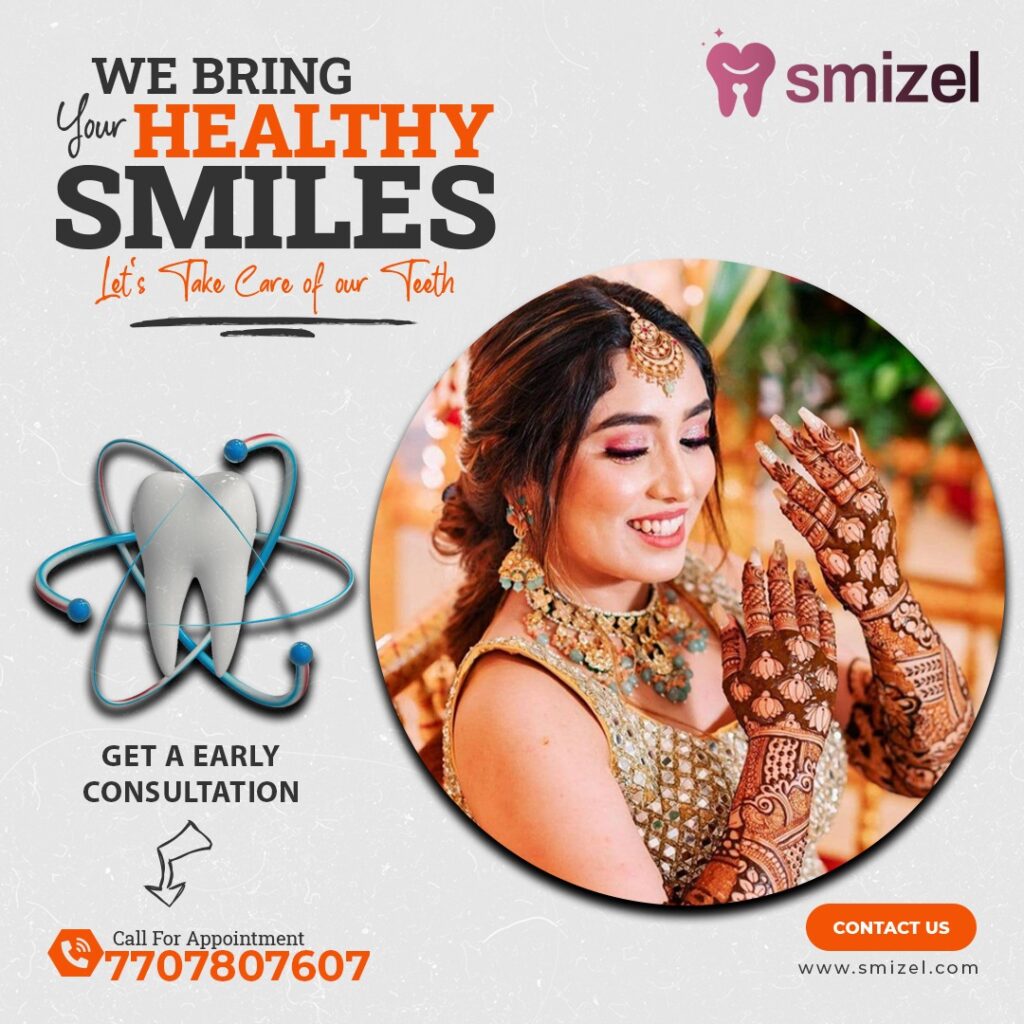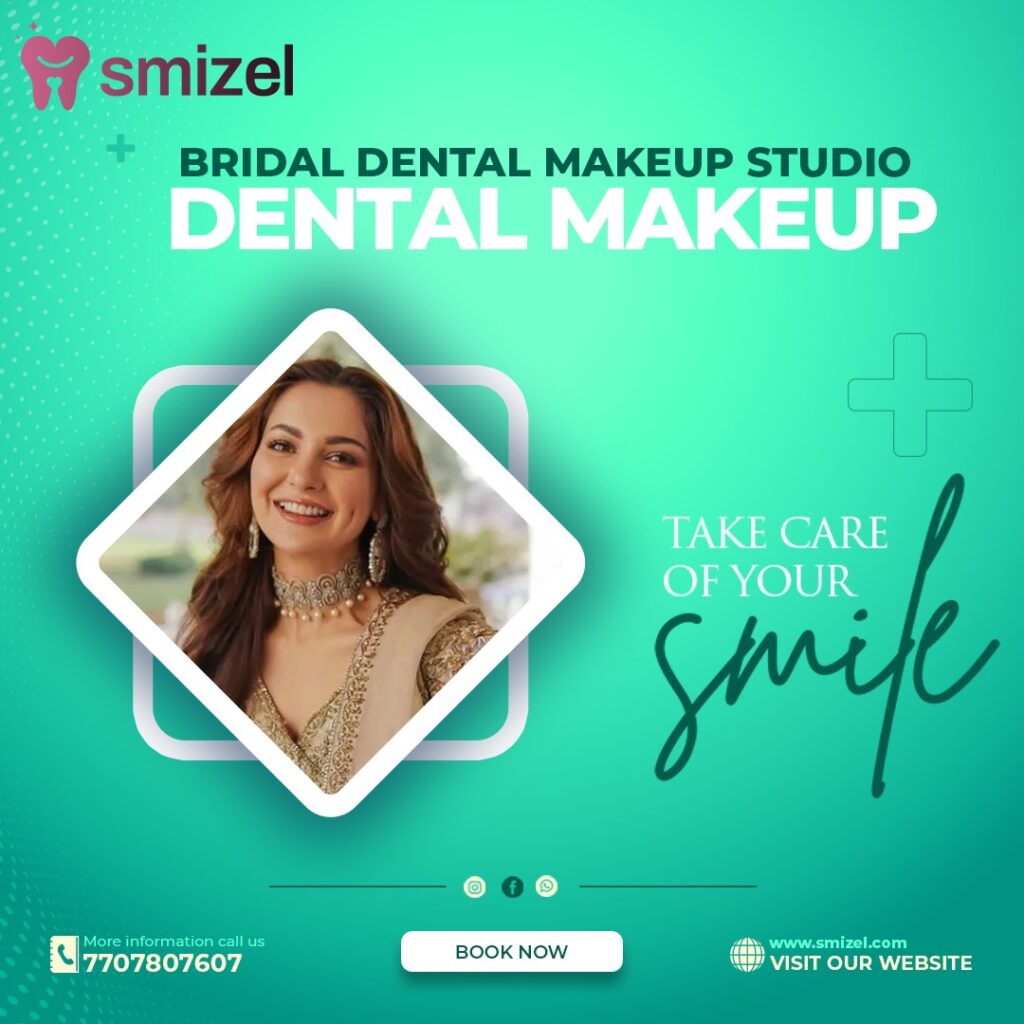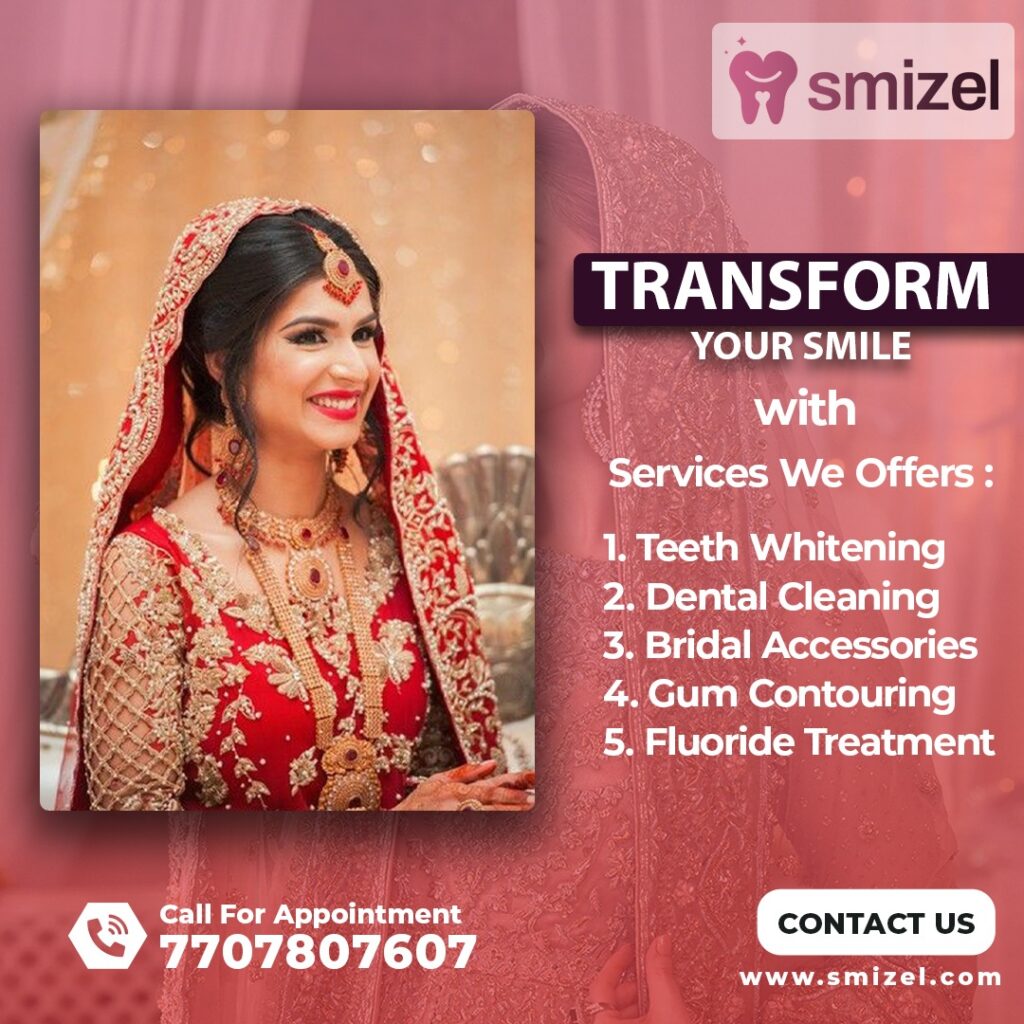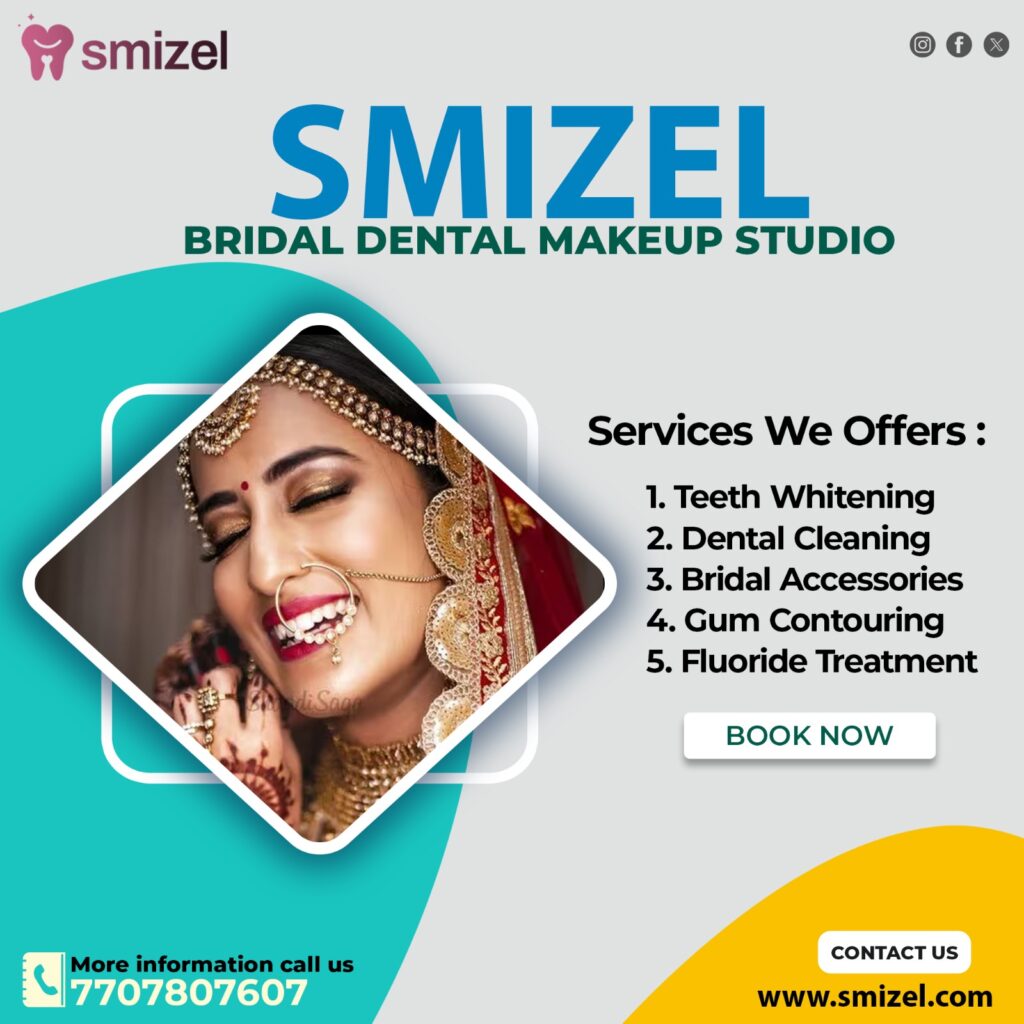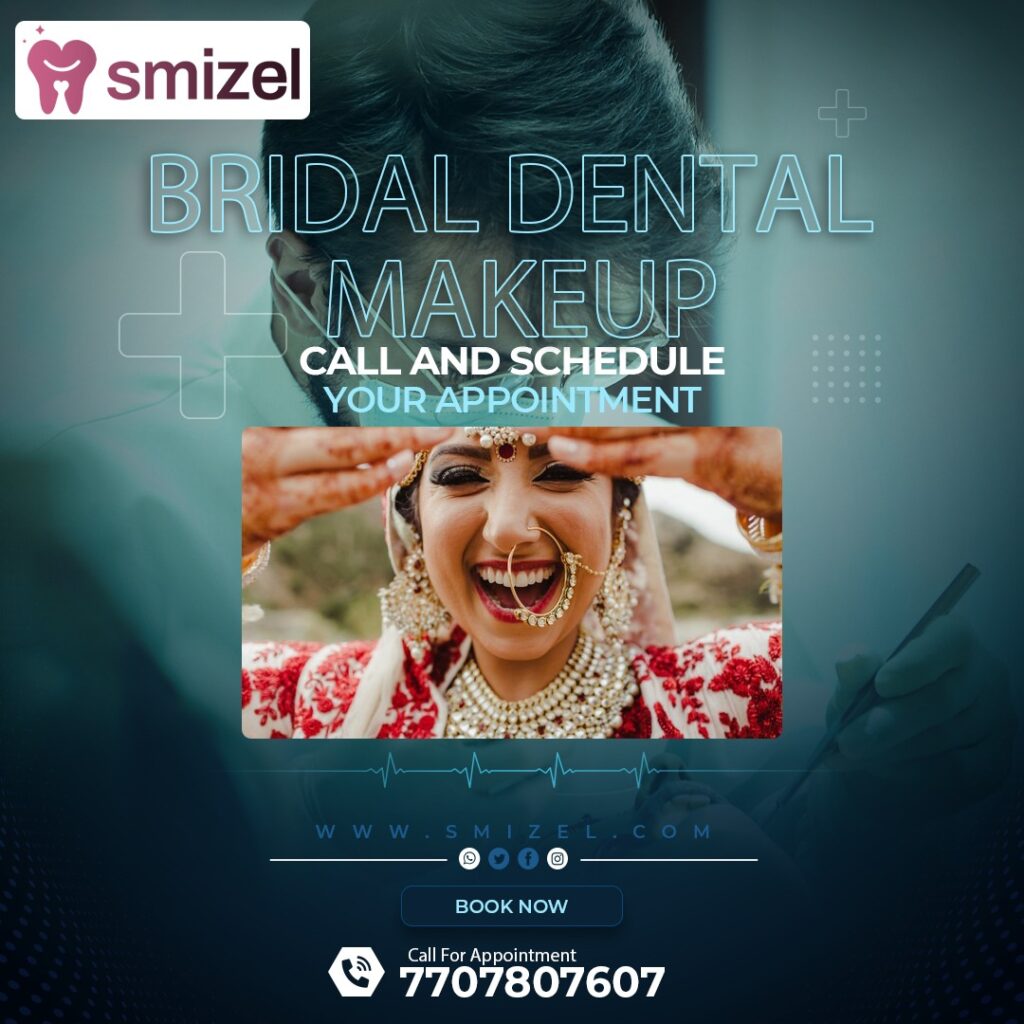
Bruxism: Causes, Symptoms, and How to Protect Your Teeth
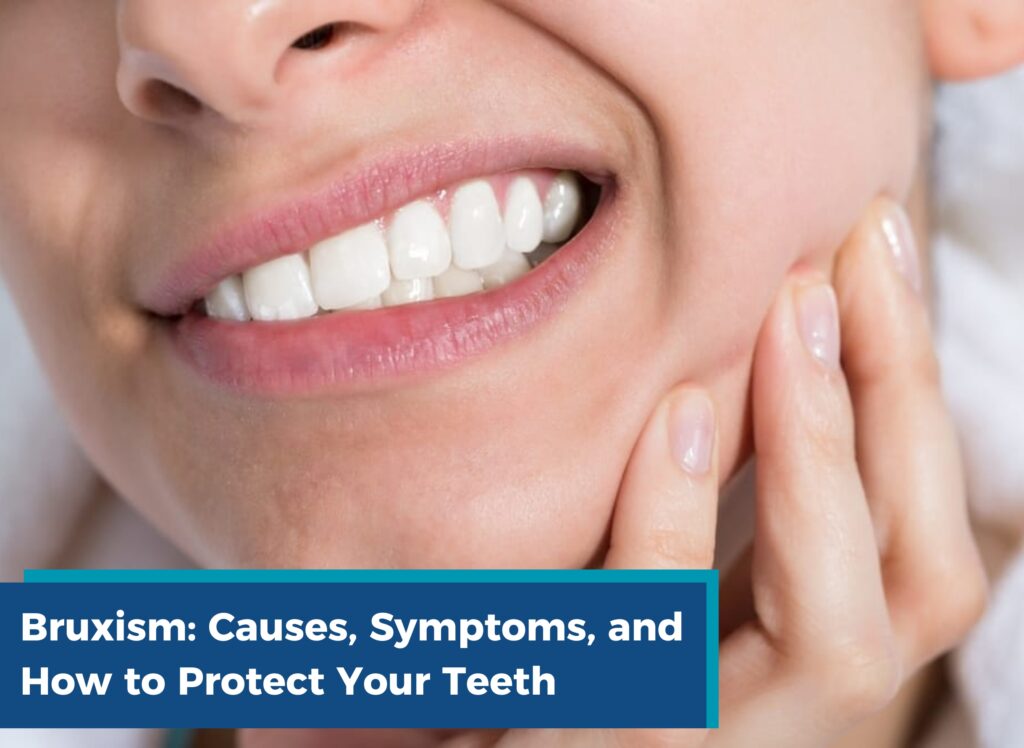
Thind Dental Clinic in Ludhiana is committed to preserving your dental health and well-being. In this comprehensive guide, we will delve into the world of bruxism – a common yet often unnoticed condition that can have significant impacts on your oral health. Bruxism, commonly referred to as teeth grinding or clenching, can lead to various dental issues if left unaddressed. We will explore the causes, symptoms, and practical strategies to effectively protect your teeth from the detrimental effects of bruxism.
Understanding Bruxism: Defining the Condition
The involuntary clenching, grinding, or gnashing of teeth is known as bruxism. This typically occurs during sleep, making it challenging to control consciously. The causes of bruxism are multifaceted and identifying the underlying factors is vital in devising an appropriate management plan.
Unveiling the Common Causes of Bruxism:
1. Stress and Anxiety: Stress and anxiety are well-known contributors to bruxism. When the body experiences heightened emotions, it tends to manifest physical responses, and clenching or grinding teeth is one such response. The act of grinding teeth may serve as an unconscious outlet for emotional tension. Over time, this can lead to enamel erosion, tooth sensitivity, and even jaw discomfort.
2. Malocclusion (Improper Bite): Malocclusion, also referred to as an improper bite or misalignment of teeth, is another significant factor that can trigger bruxism. When teeth do not align correctly, the jaw can be forced into unnatural positions during sleep. This misalignment can lead to the grinding of teeth as the body attempts to find a more comfortable resting position. Treating malocclusion through orthodontic intervention can alleviate the strain on both teeth and the jaw joint, reducing the likelihood of bruxism.
3. Sleep Disorders: Sleep disorders, particularly sleep apnea, can contribute to bruxism. Sleep apnea is characterized by interruptions in breathing during sleep. To address this issue, the body may involuntarily grind teeth as a mechanism to open the airway. This grinding can lead to tooth wear, enamel erosion, and a range of oral health complications. Managing sleep disorders with the guidance of medical professionals can significantly reduce bruxism symptoms.
4. Lifestyle Choices: Certain lifestyle choices can exacerbate the risk of bruxism. Consumption of caffeine, alcohol, and tobacco products has been associated with an increased likelihood of teeth grinding. These substances can impact the central nervous system, potentially intensifying the muscle activity that contributes to bruxism. Cutting back on these substances or eliminating them from your routine can help reduce the risk of bruxism.
5. Medications: Some medications, particularly those prescribed for anxiety, depression, or even allergies, can have bruxism as a side effect. These medications can alter neurotransmitter activity in the brain, potentially leading to increased muscle tension and teeth grinding. If you suspect that your medication is contributing to your bruxism, it’s crucial to consult both your dentist and the prescribing healthcare professional for guidance.
6. The Interplay of Causes: It’s important to note that these causes of bruxism are not mutually exclusive. They interact regularly and worsen each other. For instance, stress might be compounded by a lack of quality sleep due to a sleep disorder, intensifying the likelihood of bruxism. Understanding the interplay of these causes can help in developing a holistic approach to managing and mitigating bruxism’s effects on your oral health.
Detecting the Signs of Bruxism:
Recognizing the signs of bruxism is essential for early intervention and prevention of further damage. Keep a watch out for these typical warning signs:
1. Morning Jaw Discomfort: Waking up with a sore or tense jaw can be a sign of nighttime teeth grinding.
2. Unexplained Headaches: Frequent morning headaches may stem from the pressure created by grinding teeth during sleep.
3. Visible Tooth Wear: Examine your teeth for signs of wear – flattened, chipped, or fractured surfaces – as these can result from bruxism.
4. Heightened Tooth Sensitivity: If you experience increased sensitivity, especially to hot or cold temperatures, it could be due to enamel erosion caused by bruxism.
5. Persistent Facial Pain: Regular pain in the face, jaw, or even ears might be a result of the strain exerted by bruxism.
The Impact of Bruxism on Dental Health:
The effects of bruxism on your teeth and overall oral health can be significant:
1. Enamel Erosion: The repetitive grinding motion can lead to excessive wear on tooth enamel, making teeth more susceptible to cavities and sensitivity.
2. Jaw Pain and Headaches: Bruxism can strain the jaw muscles and temporomandibular joint (TMJ), causing discomfort, jaw pain, and frequent headaches.
3. Gum Problems: Grinding can irritate the gums, leading to gum recession and exposing tooth roots.
4. Sleep Disruption: Bruxism can disrupt sleep patterns, impacting both the individual grinding their teeth and their sleep partner due to the noise.
5. Facial Pain: The strain on the jaw muscles can cause facial pain and tension.
Preserving Your Teeth from Bruxism: Practical Strategies
Thind Dental Clinic in Ludhiana prioritizes your dental health and overall well-being. If you suspect you’re grinding your teeth, consider these effective strategies:
1. Custom Nightguards: Our skilled dental experts can create custom-fit nightguards, worn during sleep, to serve as a protective barrier between upper and lower teeth, mitigating the effects of grinding.
2. Stress Management: If stress triggers your bruxism, explore stress-reduction techniques such as exercise, meditation, or deep breathing exercises.
3. Bite Correction: In cases where malocclusion contributes to bruxism, orthodontic treatment or bite correction procedures can help align your teeth properly.
4. Limit Stimulants: Reducing or eliminating caffeine and alcohol consumption can alleviate bruxism symptoms.
5. Relaxation Techniques: Engaging in relaxation practices before bedtime, such as warm baths, reading, or gentle stretching, can help relax your muscles.
6. Regular Dental Check-ups: Consistent dental visits to Thind Dental Clinic allow their experts to monitor your teeth and jaw’s condition, guiding you on managing bruxism.
While bruxism poses challenges, with the right care and guidance, its impacts can be effectively managed. At Thind Dental Clinic in Ludhiana, dentists are dedicated to providing you with the support and tailored strategies necessary to protect your teeth from bruxism’s effects, ensuring a healthy and comfortable smile for years to come.
For additional information or to arrange an appointment
You can contact them at +91-92568-92568
or visit them at:
THIND DENTAL CLINIC
11-12-13-14 H.I.G Market, Opposite Water Tank, Ludhiana, Punjab 141010.

